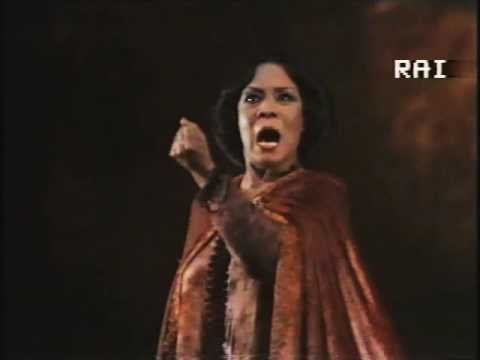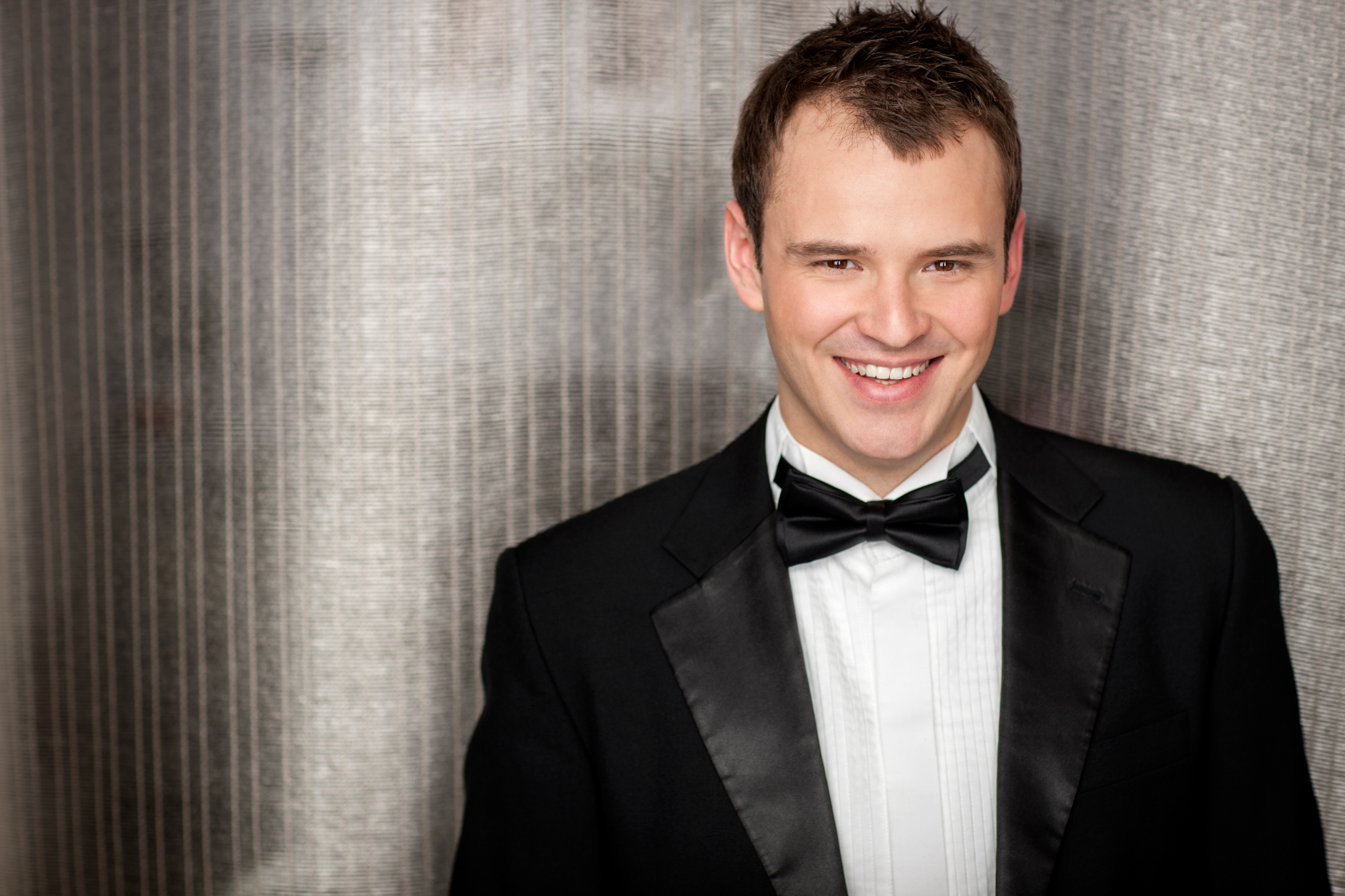Today I’d like to present one of my favorite recordings of opera repertoire. It is the aria of Lady Macbeth from Verdi’s opera, sung by Shirley Verrett. The recording was made at La Scala, Milan, in 1975. I view this performance as not just one of the best embodiments of this heroine, but also as an outstanding model of vocal technique, artistry and incredible stage presence.
I admire singers like Shirley Verrett, Luciano Pavarotti, Elena Obraztsova, and Cesare Siepi. Not only were they gifted with wonderful voices, but they also attained perfection in using them. It’s my belief that real excitement in opera cannot be achieved without perfection of vocal technique. It doesn’t matter how gifted by nature the singer is, he or she needs a perfect instrument to convey all their feelings and thoughts to the audience. This should be done not just by mimics or movement but first and foremost with the voice.
Still, perfect voice is not enough. To make the character alive the singer must charge it with his extreme energy. In general, I think singing is a result of emotions a person feels that are too overwhelming for simple words, and the inside flame can be expressed only by singing. The emotions can be happy or sad, but they have to be strong. Good singing can’t happen without that strong ardor inside. The singer has also to understand the character in depth, absorb his special traits. Combining all three important components – technique, artistry and energy – is a great challenge. The singers who are able to do this are rare, admired by the public and unforgettable. Shirley Verrett is one of them. Fortunately, her recordings are plenty. I keep listening, enjoying them, learning from them. For example, Desdemona’s aria (Covent Garden, 1983) or Tosca (the Met, 1978), to name a few.
I’ve picked up this very aria as a pinnacle of exceptional technique control, beauty and fullness of sound, highest drama, power and energy. I think the ovation given by the demanding La Scala public speaks for itself.



0 Comments